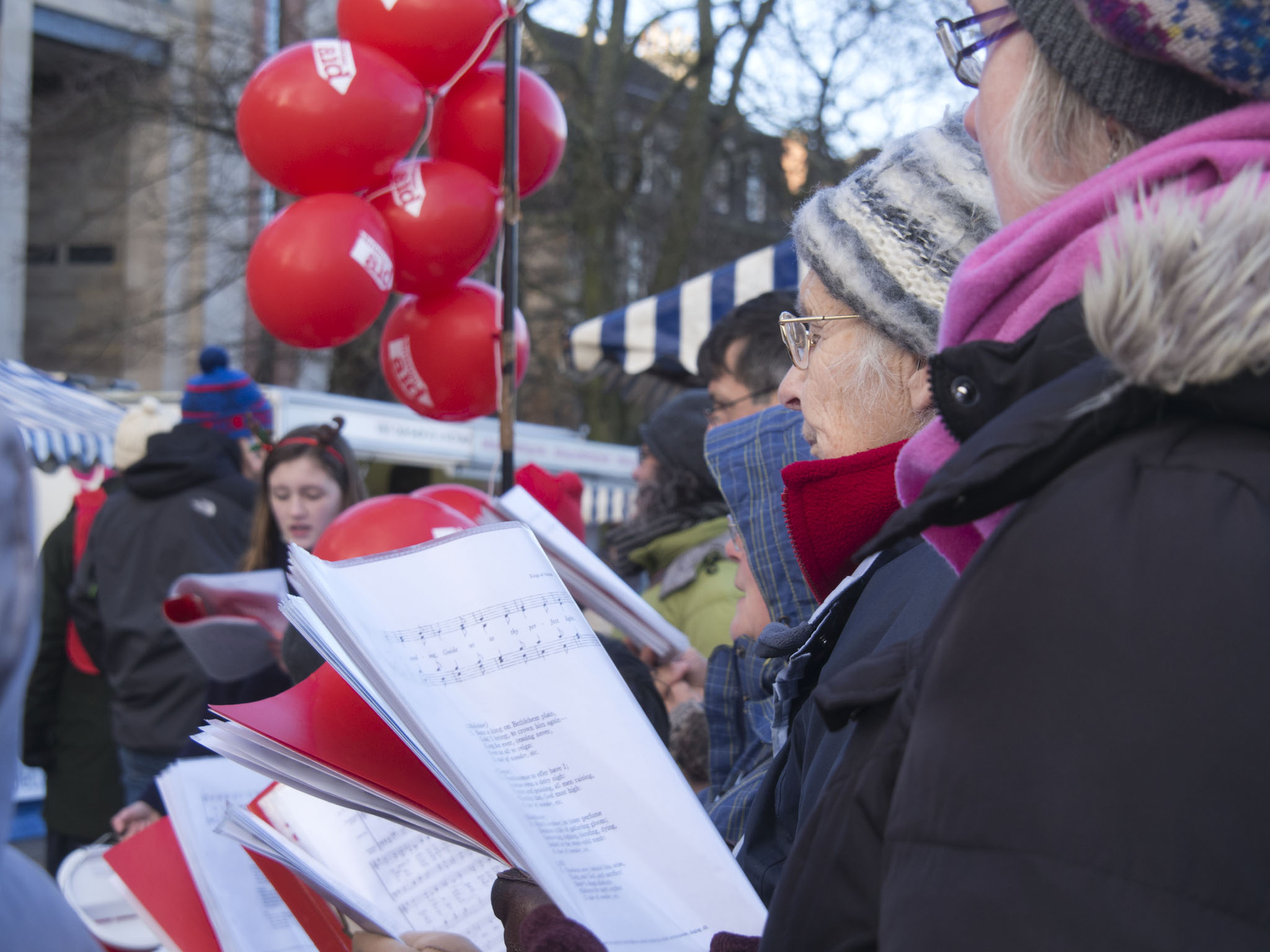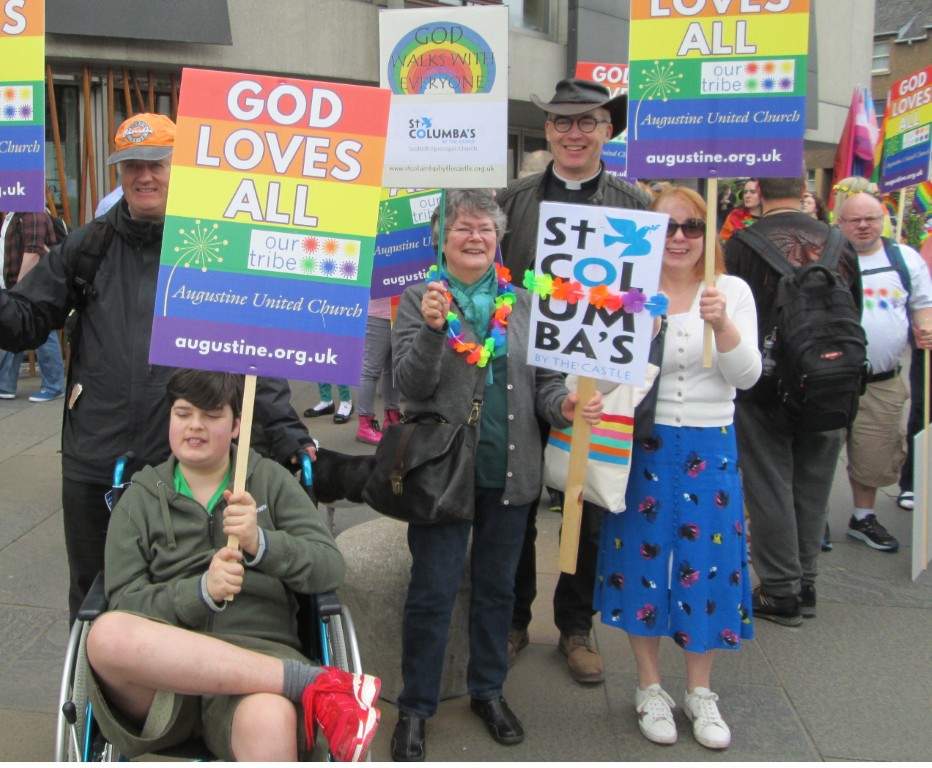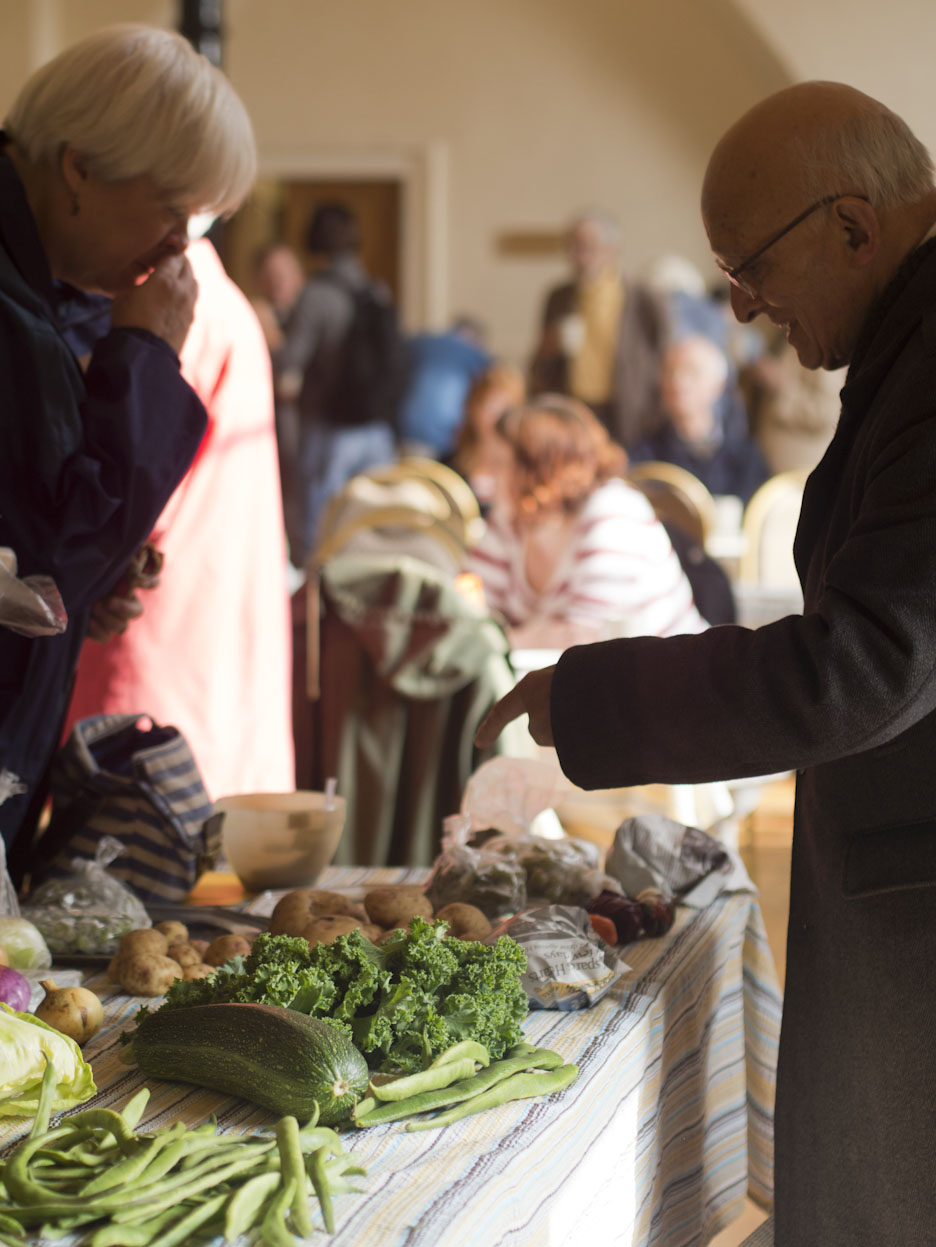Social Responsibility
Our City
St. Columba’s has a long tradition of commitment to our central city area. The founding mission of St. Columba’s in the mid-19th century was to serve the poor in the area and to provide schooling. More recently, with our nearby ecumenical partners, Greyfriars Kirk and Augustine United Church, we support with money and volunteering the major Grassmarket Community Project, which continues the work of the Grassmarket Mission, and aims to nurture self-worth and offer encouragement to those on the fringes of society.
St. Columba’s maintains a special relationship with Castlecliff Hostel, our close neighbours on Johnston Terrace. Castlecliff provides transitional housing for the homeless as they await permanent housing. St. Columba’s remembers the residents with gifts at Christmas.
In the winter members sometimes help prepare and serve food for homeless people at the Bethany Night Shelter. We sponsor the Grassmarket Food Bank under the Edinburgh Food Project, providing free hall space twice weekly.
We are an inclusive church, welcoming people of all sexualities and gender identities and members are active in sharing in Edinburgh’s annual Pride march.
Our World
We are an Eco Congregation, having gained a silver award. We see caring for the environment and responding to the climate emergency as an integral part of our life and mission.
We are also a Fair Trade Church, which is expressed in such things as the refreshments we serve and our Trade Craft stall.
The congregation raises funds for Christian Aid with an annual Carol Sing in the Farmers’ Market at Christmas, and volunteering to help with the Central Edinburgh Book Sale.
5% of congregational giving is allocated for grants to local, national or international charities and projects that are close to the heart of the members our congregation.







